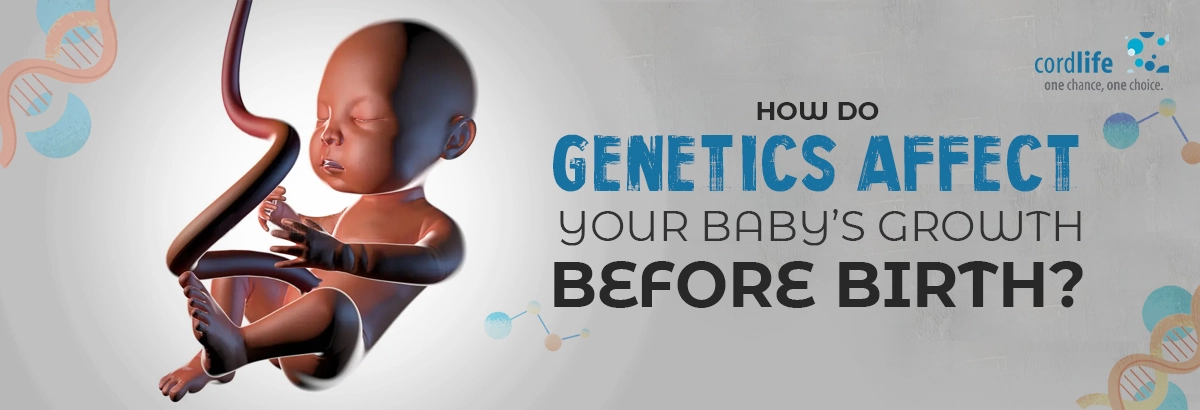Table of Contents
It is important to remember that during your pregnancy, most of your baby’s characteristics are determined by the mother, such as eye and hair colour, height, weight, and whether the hair will be curly or straight. Genetics plays a role in this. Genes are carriers of information. A gene can change or mutate, or it can be passed on from parents to children. Genetic change can impact a baby’s development inside the womb in various ways. Want to know more?
Birth Weight
The baby will inherit half the genes from the mother and the other half from the father. This results in genetic makeup playing a major role in birth weight. Researchers concluded that a baby’s genes significantly influence her birth weight. After all, family health history matters. Studies have shown that samples of chorionic villus during early pregnancy are associated with gene expression and the baby’s birth weight. It’s not just the would-be-mummy’s genes, it’s the father’s genes also that enhance foetal growth, as well as weight. This results from the paternal genome being passed on to the baby in utero.
Genetic Control
The foetal genome determines the foetal development. Genetic regulation of foetal growth is influenced by two main factors – maternal and foetal. One of the factors is the nutrient supply between the mother and the placenta (the most essential organ between you and your baby which nourishes the baby, removes the waste material and gives a safe environment for the baby’s development). Pregnancy hormones also play an important role here. A genetic change in the child can give rise to serious health conditions and birth defects – Fragile X syndrome (also called FXS), and Tay Sachs disease. (Some of these are intellectual and developmental delays in children – problems in communicating, learning, etc). They may come both from the maternal and paternal genes.
Genetic Screening
Genetic screening can help healthcare practitioners understand inherited disorders before birth. Through these tests, medical history, age, previous pregnancy, and allergies can be checked. Not just that! Based on these screenings, the would-be-baby’s genetic conditions can be ensured. Chorionic Villus Sampling (CVS) is performed between the 11th and 13th weeks of pregnancy to detect chromosomal or genetic disease. While in the first trimester, there is a combination of foetal ultrasound, and maternal blood test, in the second, the tests include multiple markers. Performing an amniocentesis in the 15th week of pregnancy determines whether there is a risk of miscarriage.
Genes Decide How the Baby Will Look
Genes determine the appearance of the baby after birth. Sometimes children look exactly like their mothers or fathers. Sometimes it’s the genetic combination that’s possible. Genes also determine the language of the biological child.
Genetic Counselling
Genetic counsellors can help you understand genetic testing’s benefits and risks, as well as how to interpret test results. A genetic counsellor can also explain how genetics relate to birth defects and other medical conditions.
So, keep consulting the healthcare practitioner to further understand the genetic problems within you and the baby inside you.
